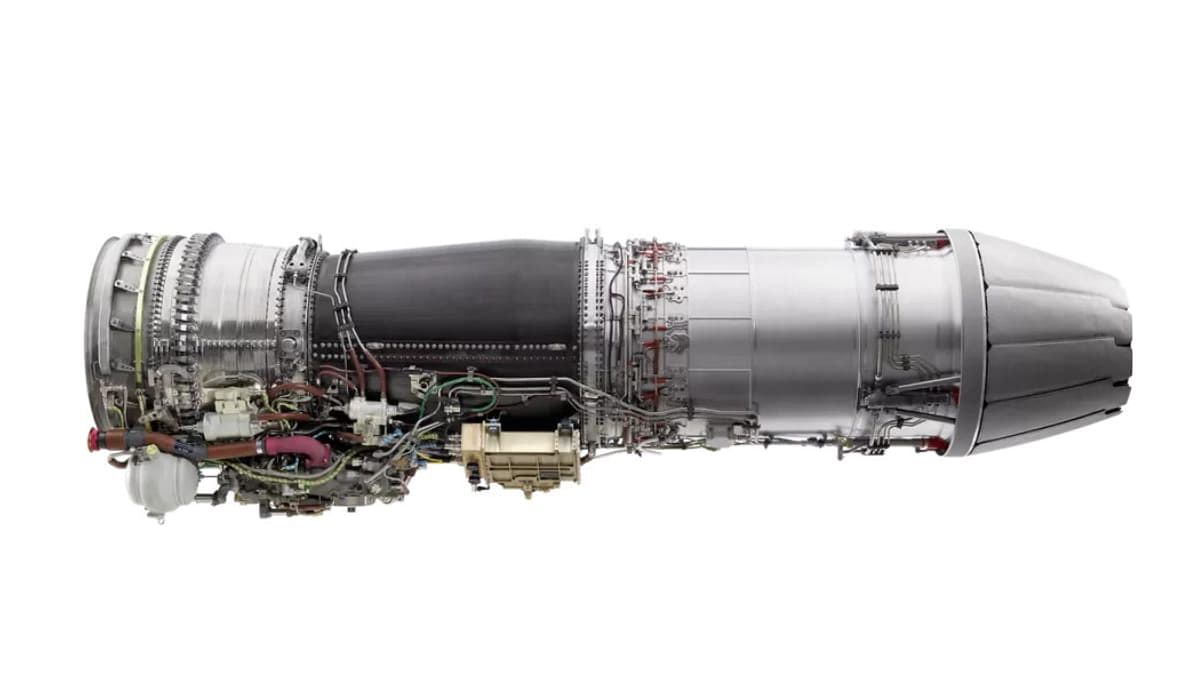SOURCE: RAUNAK KUNDE / NEWS BEAT / IDRW.ORG

The sale of General Electric’s F-414 engine to India has come under meticulous review by the U.S. government’s Department of Commerce, governed by the International Traffic in Arms Regulations (ITAR). This regulatory framework is designed to evaluate critical technology risk and risk mitigation associated with the transfer of advanced defence technology. According to insiders, the deal includes an unprecedented 80% Transfer of Technology (ToT) to India, setting the stage for a comprehensive evaluation process that involves multiple U.S. government departments.
The ITAR process is a crucial mechanism for ensuring that the transfer of sensitive defence technologies, such as the F-414 engine, is conducted with utmost care and adherence to national security interests. It is within the purview of the Department of Commerce to oversee this process, emphasizing a thorough examination of the associated risks and appropriate mitigation strategies.
Once the ITAR package for the F-414 engine deal is compiled, it undergoes a comprehensive review by the Departments of Commerce, State, and Defense. Each department plays a vital role in scrutinizing the technology transfer, and their collective approval is required before any additional transfer of technology can occur.
The technology being transferred in this deal is considered highly advanced, raising concerns about the potential risks associated with falling into the wrong hands or being reverse-engineered by adversaries. General Electric has expressed confidence in its safeguards, emphasizing its commitment to ensuring that the technology remains secure. However, the complexity and sensitivity of the F-414 engine technology necessitate a thorough and rigorous evaluation process.
One notable aspect of this deal is the 80% Transfer of Technology (ToT) to India, a level of technology transfer that exceeds the norm for even the closest U.S. allies. The transfer of such a significant portion of technology poses unique challenges and requires a meticulous evaluation of India’s capabilities and the associated risks.
Despite an existing Memorandum of Understanding (MoU) between Hindustan Aeronautics Limited (HAL) and General Electric for local production of the F-414 engine, the deal is yet to be finalized. The Biden administration has provided assurances, but the complexity of the review process and the unprecedented nature of the technology transfer contribute to the delays.
NOTE : Article cannot be reproduced without written permission of idrw.org in any form even for YouTube Videos to avoid Copy right strikes. Websites doing illegal reproductions will get DCMA and Legal Notices.